UNI NOVA – Research Magazine of the University of Basel
-
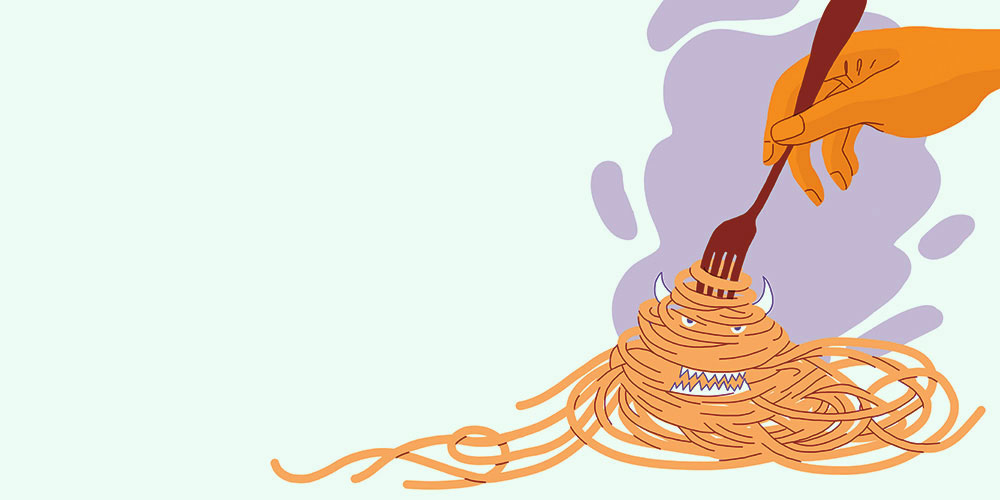 Research
ResearchDo carbohydrates make you fat?
Text: Eleonora Seelig / Don’t eat carbohydrates after 6 p.m., or cut them out altogether: A low-carb diet is considered a promising weight-loss solution. But do you really have to deny yourself pasta and bread if you want to reach your dream weight?
-
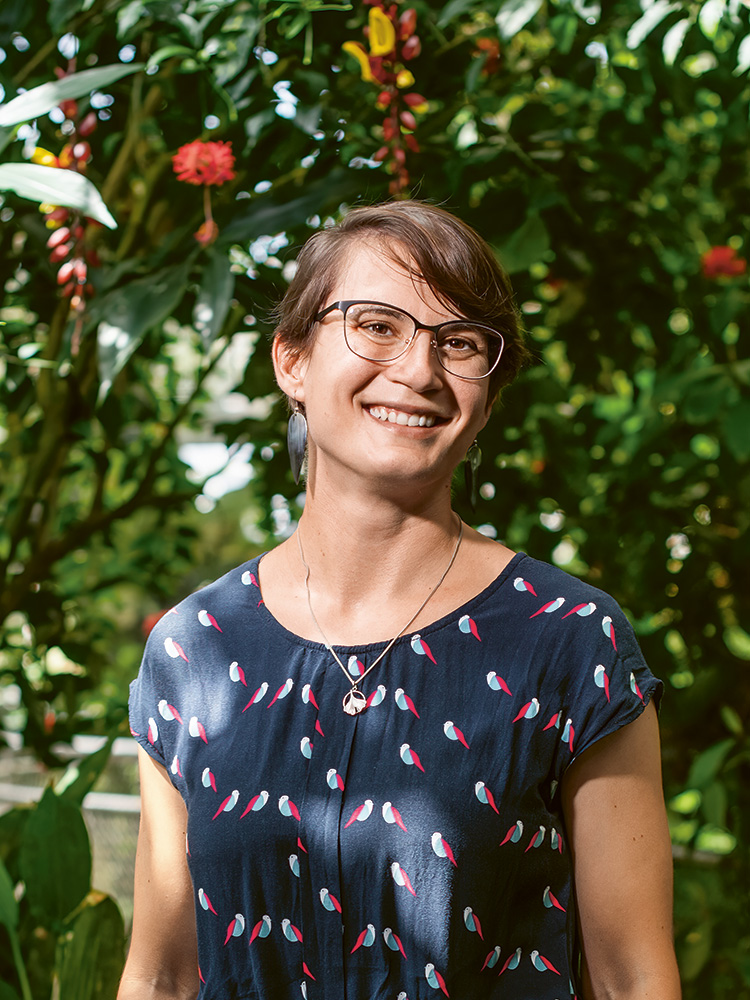 In conversation
In conversation“Coffee connects us with the whole world.”
Interview: Christian Heuss / Janina Grabs explores ways to make global supply chains for coffee, cocoa and co. more sustainable. In this interview, she explains how certifications, minimum standards and other measures work in practice.
-
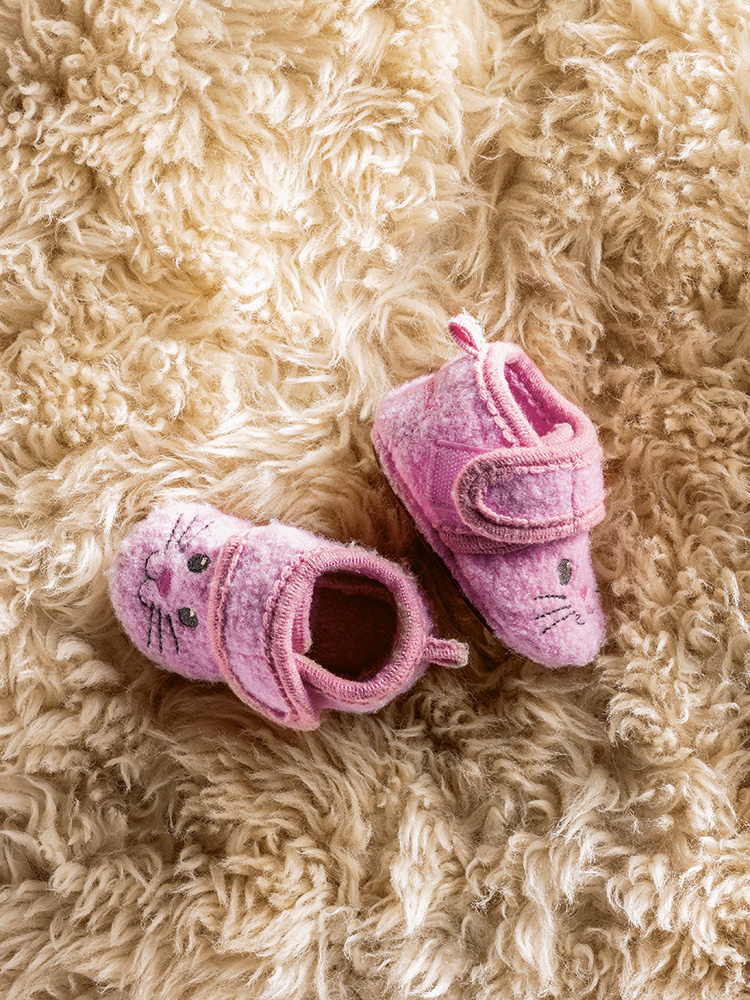 Dossier
DossierRethinking parenthood.
Text: Noëmi Kern / Having a child changes your life completely. Birth rates, however, have been falling for years. Is the pressure on parents simply too much? And could new models of the family help?
-
 Dossier
DossierA second chance in a foreign land.
Text: Céline Emch / Those who leave their home country must often start from scratch elsewhere. The hurdles are significant. A helping hand when launching into the unknown is therefore all the more important.
-
 Dossier
DossierA turning point in midlife.
Text: Barbara Spycher / A Harley Davidson and an affair with a younger woman — classic signs of a midlife crisis. What is seen as “typically male” actually has its origins in feminism.
-
 Dossier
DossierThe new me.
Text: Yvonne Vahlensieck / Trans people want those around them to be able to identify their true gender. Facial characteristics play an important role. Now, one Basel-based study is exploring whether it is possible to modify these characteristics without surgery.
-
 Dossier
DossierBody rebooting.
Text: Angelika Jacobs / Resolving to do more exercise is a good thing. Then we get stressed, bad weather puts us off or our workout gear needs a wash. A service offered by the Department of Sport, Exercise and Health aims to help people act on their good intentions. Time to try it for myself.
-
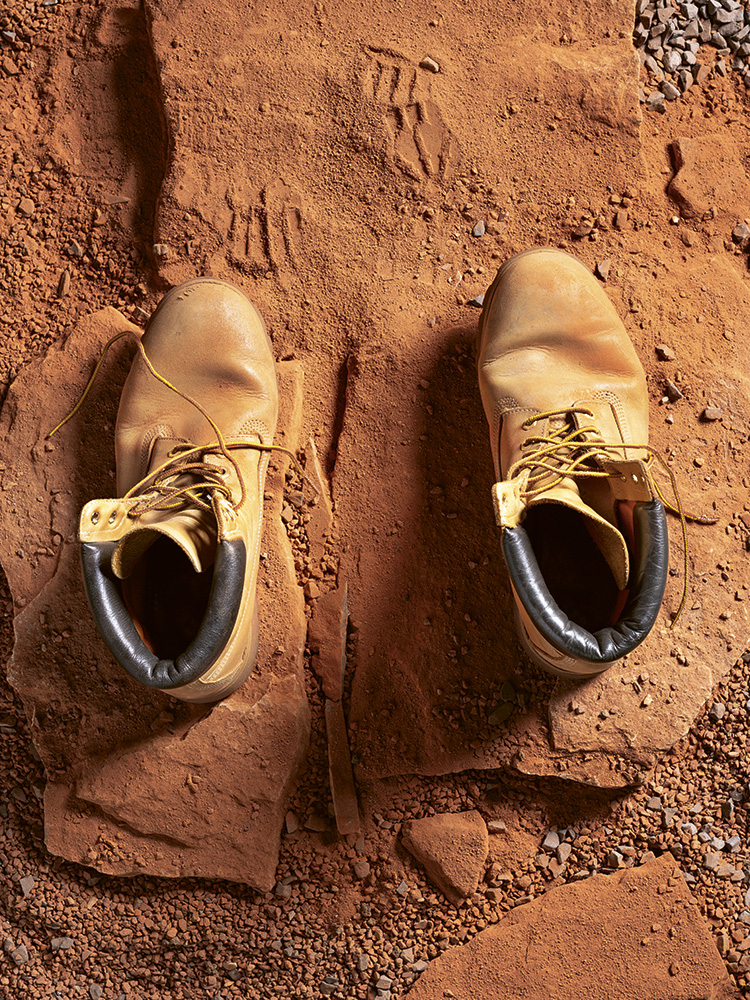 Dossier
DossierDevelopment aid from Africa.
Interview: Urs Hafner / Western Europe was successfully reconstructed after the devastation of World War II. This wouldn’t have been possible without raw materials from Africa, says historian Danelle van Zyl-Hermann.
-
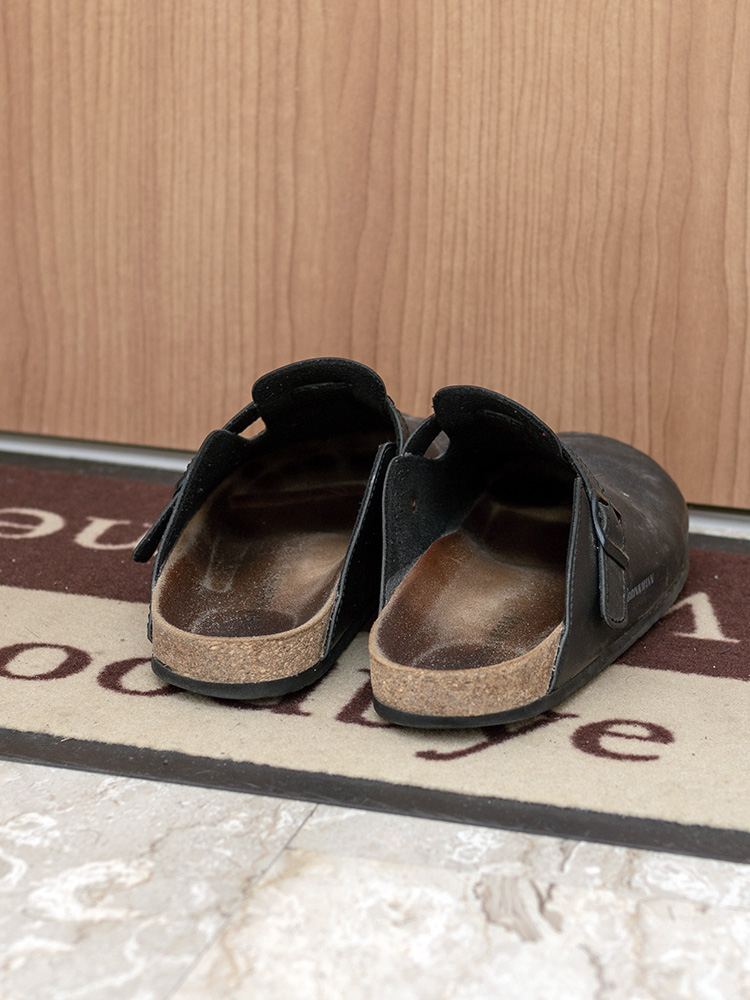 Dossier
DossierWithout violence.
Text: Andreas Grote / In Switzerland, violence against women in partnerships is on the rise. Intervention programs aim to teach offenders different ways to resolve conflict in future.
